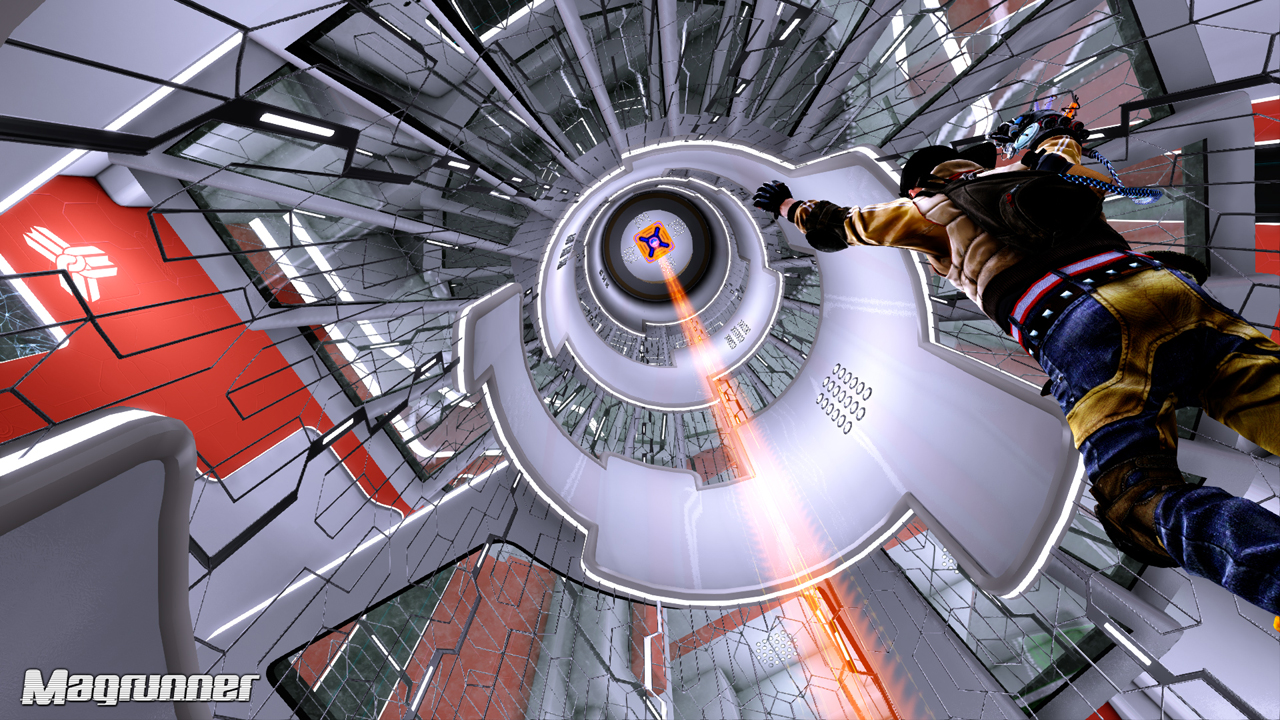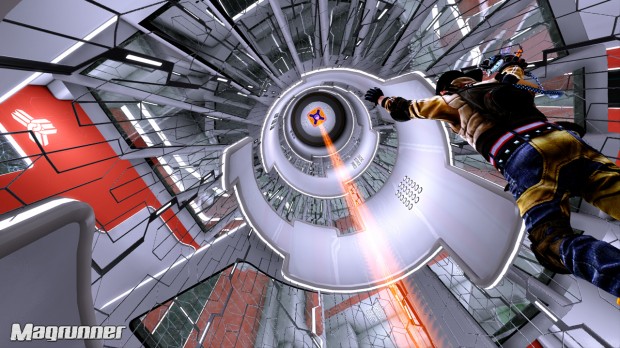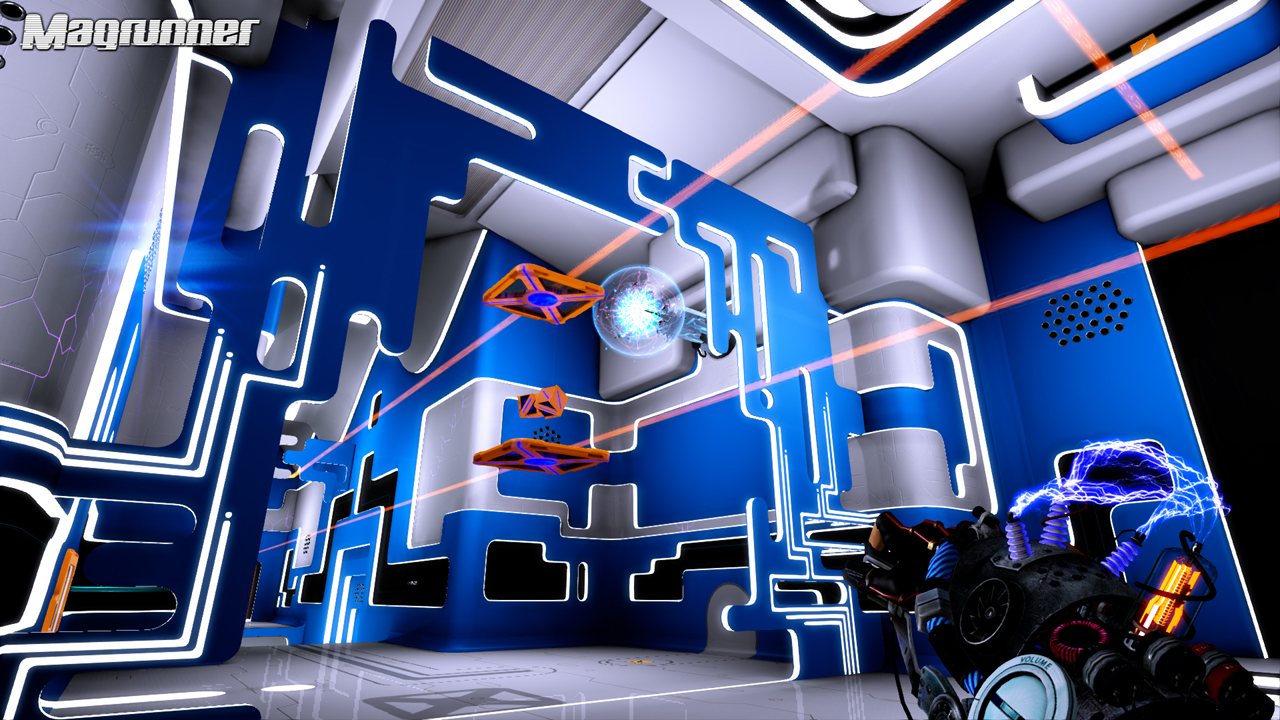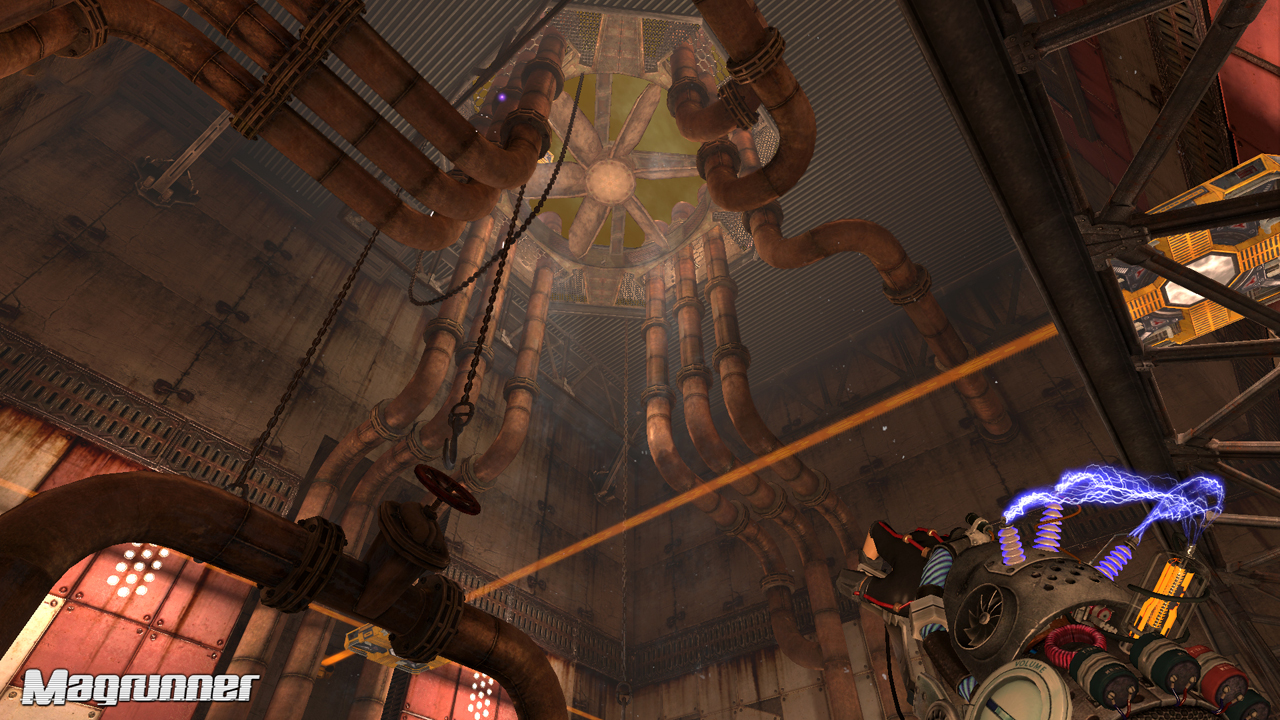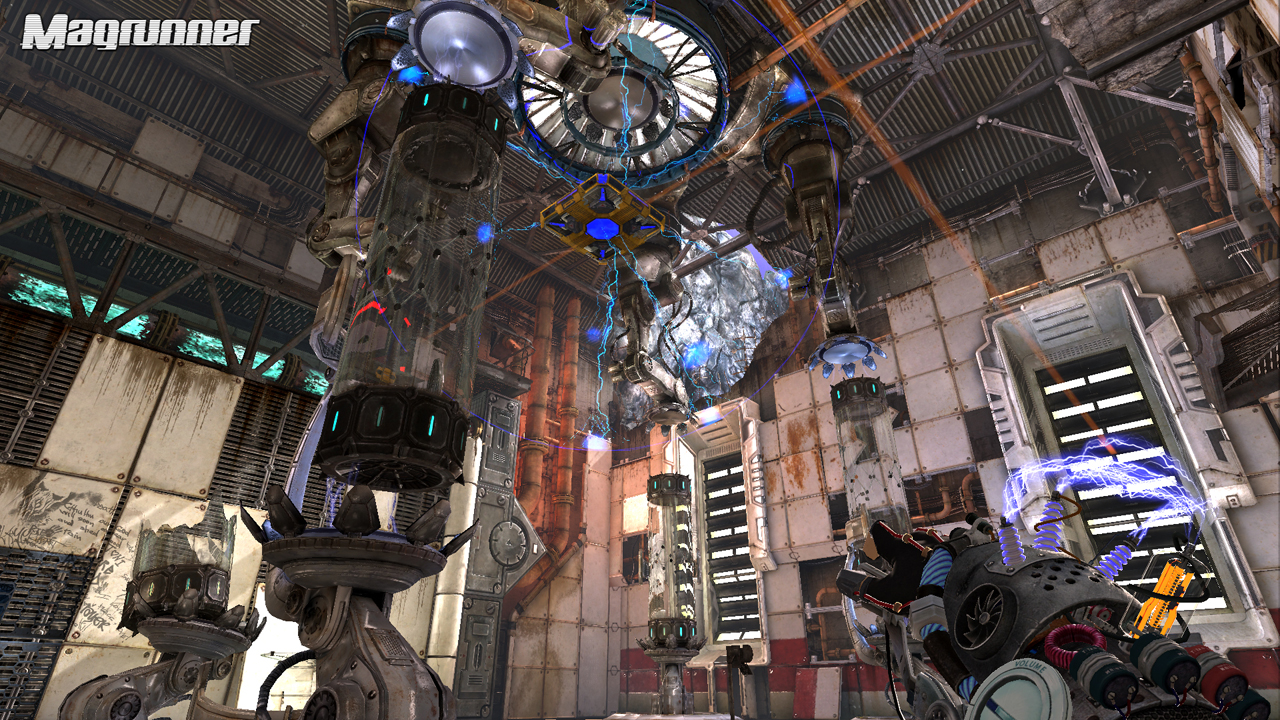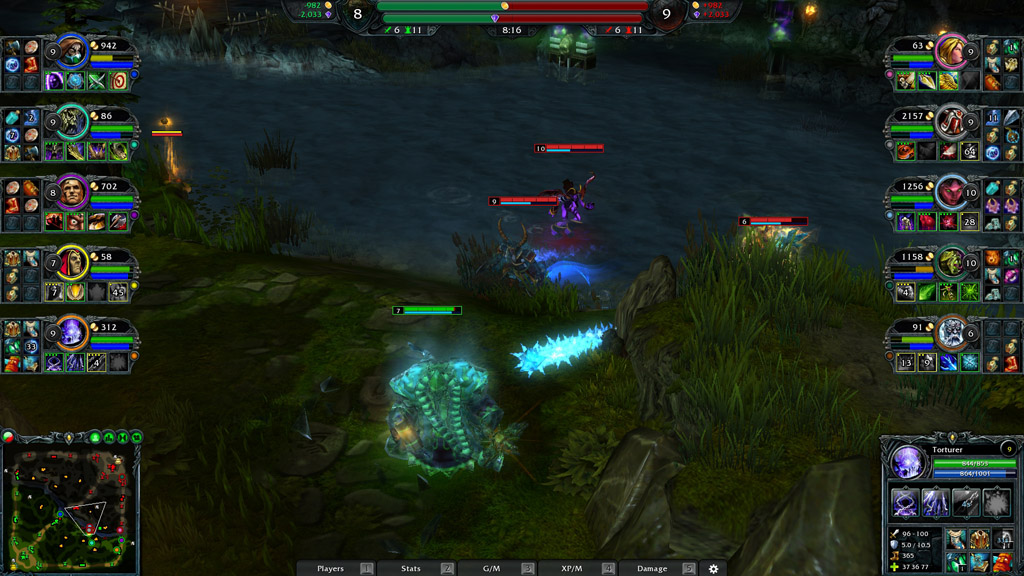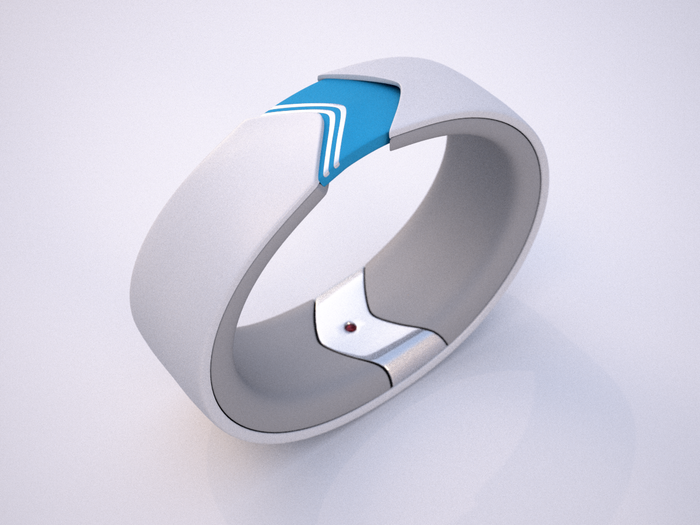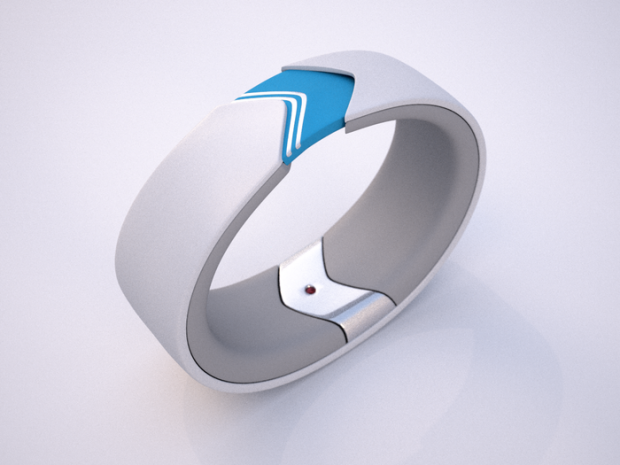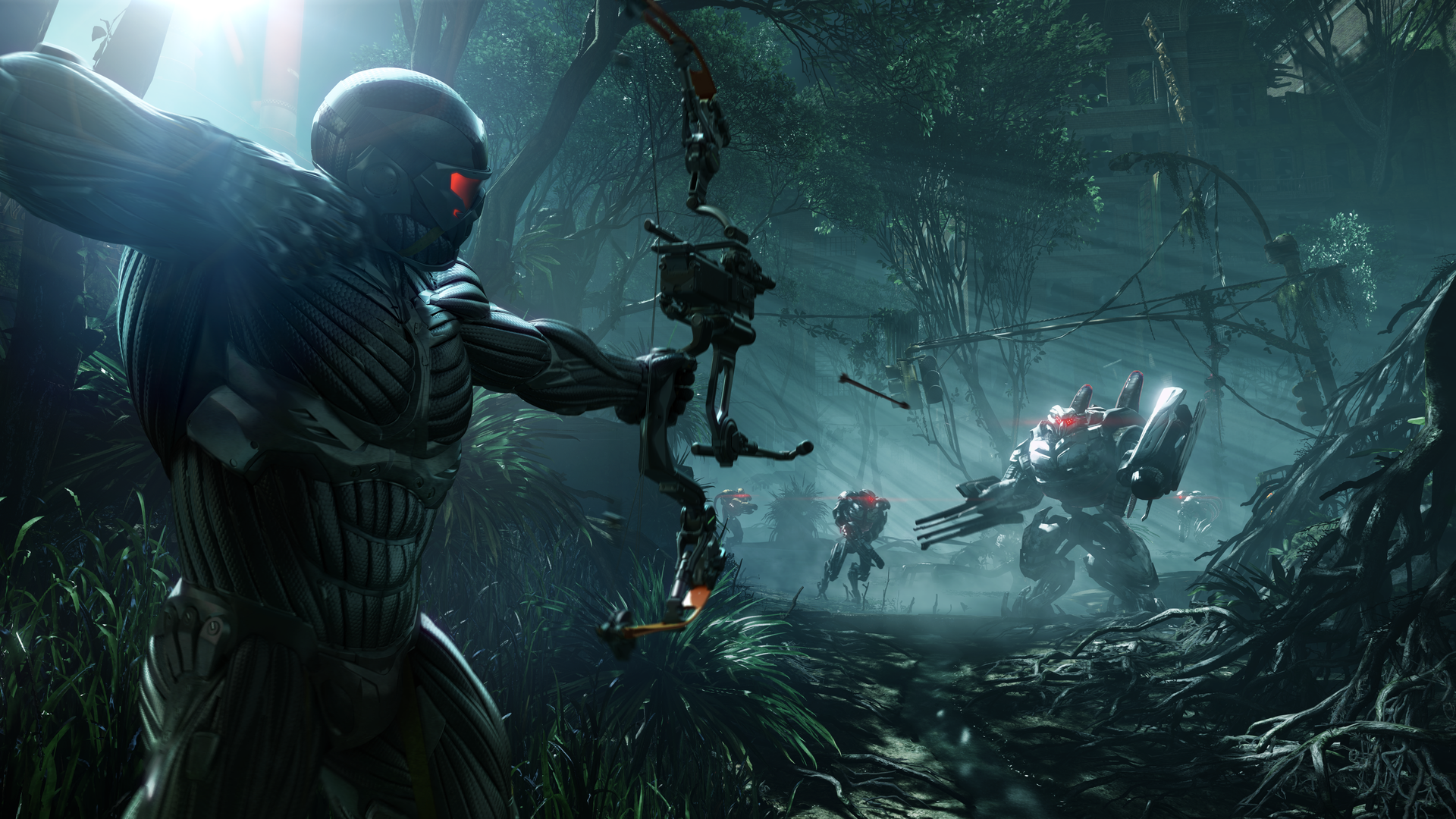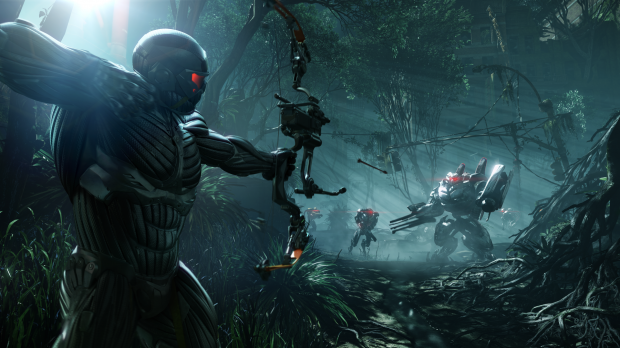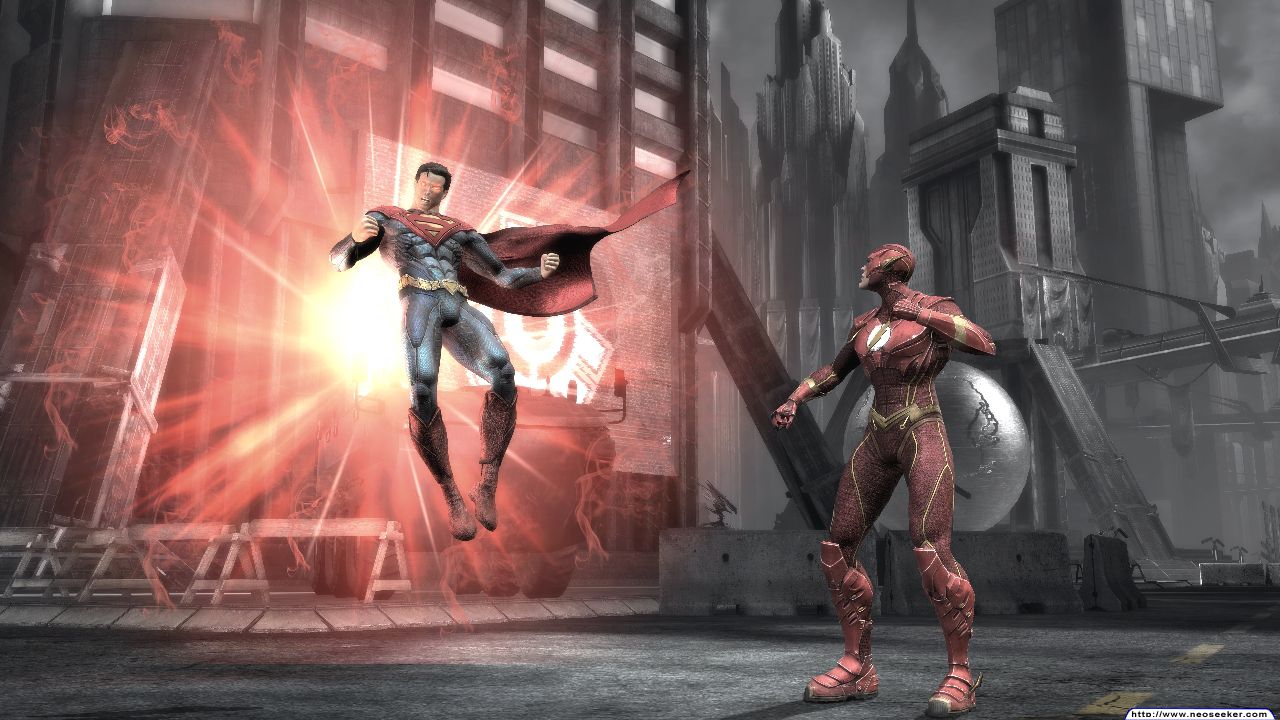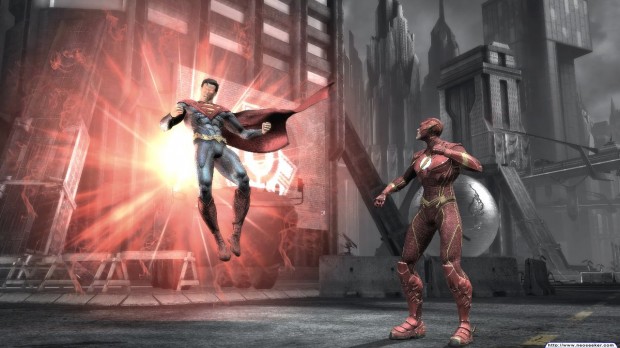January 31, 2013 – Developed on Unreal Engine 3 by 3AM (Frogwares), Magrunner is an action/reflection game for PC, PlayStation Network, and Xbox LIVE based on the use of physics and magnetism. Magrunner sends us to the near future, where technology will confront the Cthulhu Mythos as imagined by the renowned author of fantasy novels H. P. Lovecraft.
Today, we are pleased to reveal more about Magrunner through 6 screenshots and an exclusive piece of art. The game’s story begins in 2050 and takes place in a big sports competition broadcast through the entire world, intended to promote a new technology based on magnetism.
The 8 participants’ objective is to finish first in a huge race made up of many challenge rooms, each one bigger and more complex than the last. Each of them has a special glove that interacts with the new magnetic technology and enables them to journey through more and more spectacular rooms by charging various objects and elements of the environment with magnetic forces that attract or repel other objects.
However, the competition soon turns into a real nightmare. A power outage and what feels like an earthquake isolates the competitors from the rest of the world. Their only hope is to finish the course and attempt to contact the exterior world. But the challenge rooms that separate them from the finish grow more and more menacing and a long descent into hell awaits them. At the end of the tunnel lies a frightening secret that could threaten all of humanity. Today’s screenshots show all this, from the modern and sleek-looking challenge rooms at the beginning to the darker and more troubling areas that follow.

